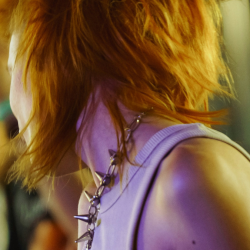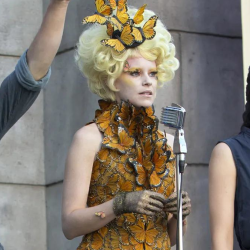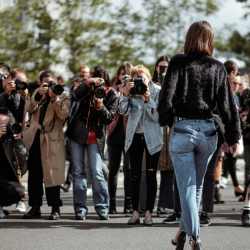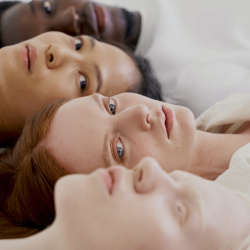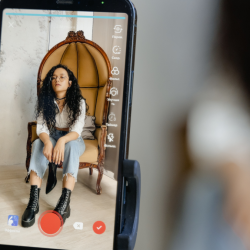Celebrity idolatry, it’s safe to say, is rife in today’s western society
We’ve never had so much access to celeb lives (congrats on your rectal ozone therapy, Gwyneth Paltrow). At the same time, the fandoms and followings of the rich and famous have never been so invested, picking apart song lyrics and social media captions daily to try and find meaning in every little detail of their chosen celebrities’ existence. Take Taylor Swift, for example; ‘Swifties’ as they’ve coined themselves have an entire website dedicated to uncovering hidden messages within the singer’s music.
So, what’s the big draw?
Several factors are at play. Firstly, the media portrayal of celebrities, coupled with the filtered world of social media, paints a picture of their lives that is far more glamorous and interesting than our own, which plays on the subconscious human desire to idolise that which seems better, richer or more powerful than us. Combine that with the natural curiosity for others’ lives and you have, in many cases, full-blown celebrity worship (looking at you, Beliebers).
This idolisation is great for brands who can get the latest celeb du jour to appear all over the internet clutching a handbag which costs $4,000, knowing it will sell thousands of pairs of $300 sunglasses to us mere mortals.
But what does it cost the celebrities, aka human beings, to be the subject of so much adoration and scrutiny? I think it means we strip them of their privacy and humanity. Rather than being viewed as people, celebrities become objects of consumption; products. In a recent documentary, My Mind and Me, singer and former Disney actor Selena Gomez, described feeling ‘cheap’ and ‘like a product’ after being made to dress and pose in a particular way for an interview in which the journalist paid no attention to the answers she was giving. Other celebrities have highlighted similar feelings, with model, actor and author Emily Ratajkowski highlighting the specific commodification of female sexuality in her book, My Body. She writes: ‘I look down at my body and it doesn’t feel like my own… They’re right; my body is just a tool‘.
Further, in the age of consumerism, the commodification of people makes them disposable, and the damaging effect that this has on celebrities’ mental health has been brought to light over recent years. Speaking to Florence Given on her podcast, Exactly, Jameela Jamil discusses how the ‘well-oiled machine’ of western media orchestrates the rise and fall of those in the spotlight, saying ‘We pluck a woman who stands out and we lift her above everyone else… We hyperbolise how excellent she is… And then comes the tear down’.
And the real beneficiary of this system of idolisation and commodification? The system itself. Society’s idol worship of the rich and famous makes them the perfect capitalist tool; walking, talking advertisements for the latest clothes, shoes and experiences.
Of course, celebrities can make a fortune from brand collaborations but what about the promotion they do unwittingly?
Marketing tactics such as get-the-look fashion features, which push high-street dupes of red-carpet looks, and articles speculating about celebrity diet hacks — [Insert celeb name] says THIS food made them lose 10 pounds in a week! — drive a culture of mindless consumption in which consumers are constantly being fed new products to help them reach the unattainable goal of being like their favourite celebrity. Not only is that a lie, but the very act of consuming the media where this content appears increases our feelings of unhappiness — as was proven back in 1999 with women’s magazines, and in 2023 with social media.
So, what’s the solution?
Celebrity-induced spending isn’t going anywhere and that’s fine. But we need to introduce some mindfulness to our consumption both on a personal basis and among the people with whom we have some influence, whether they’re our friends, our children or our students, so they are empowered to make good choices. Marketers can help too, by collaborating with different kinds of ‘idols’, whether that means looking beyond glamorous fields like entertainment to scientists or activists, or choosing stars who don’t present unrealistic images of themselves.
We’d also do well to remind ourselves that even the celebs who seem to live the most charmed lives are, behind the lights, award shows and giant social media followings, people just like us, and no good comes from dehumanising them in the quest for an idol.
Featured image: Humans / Channel 4
























